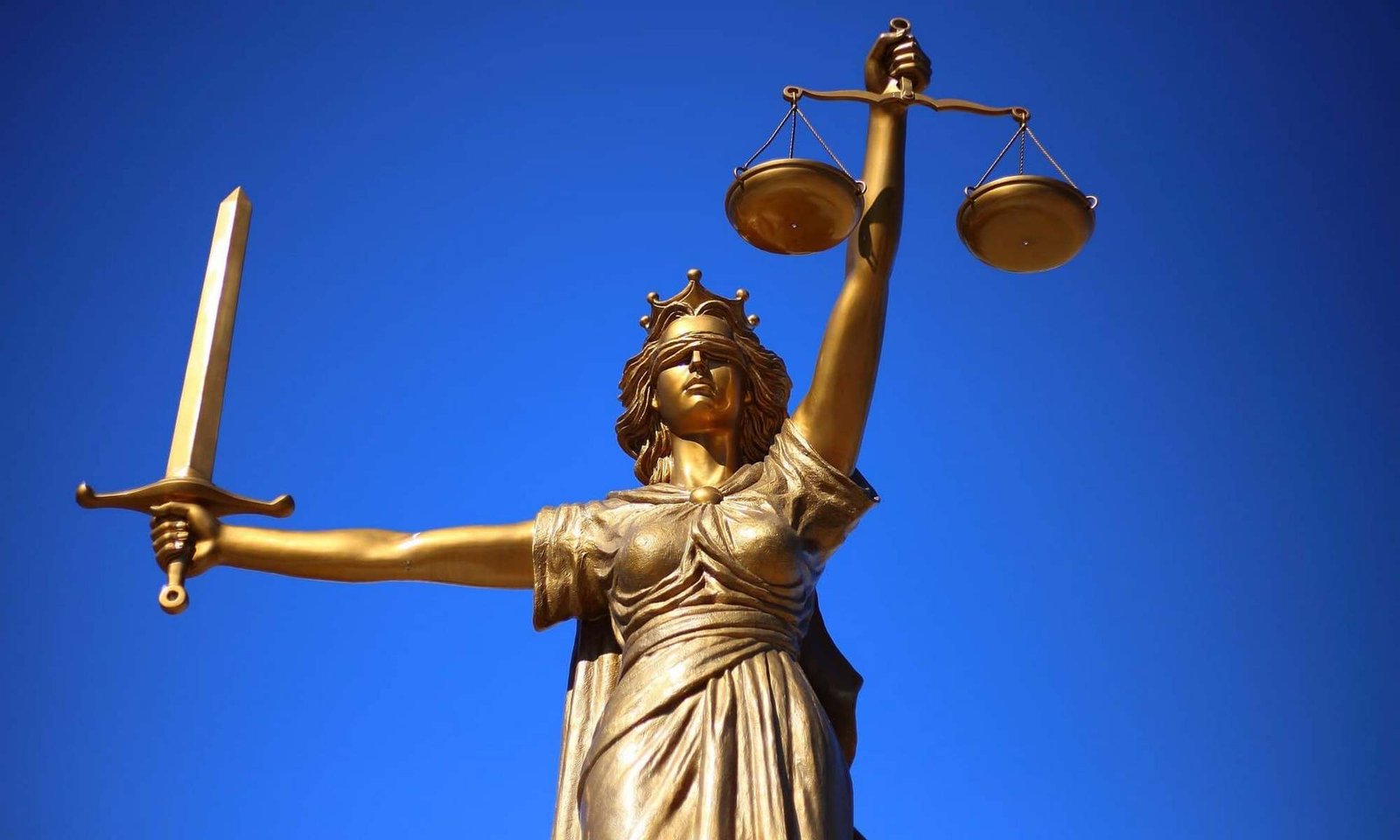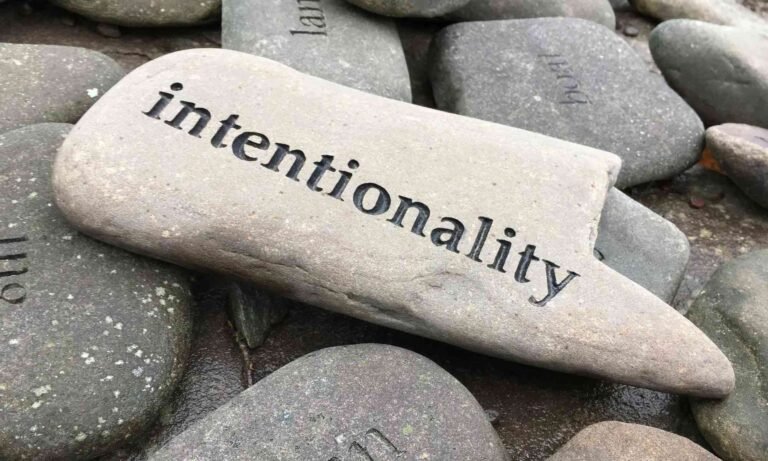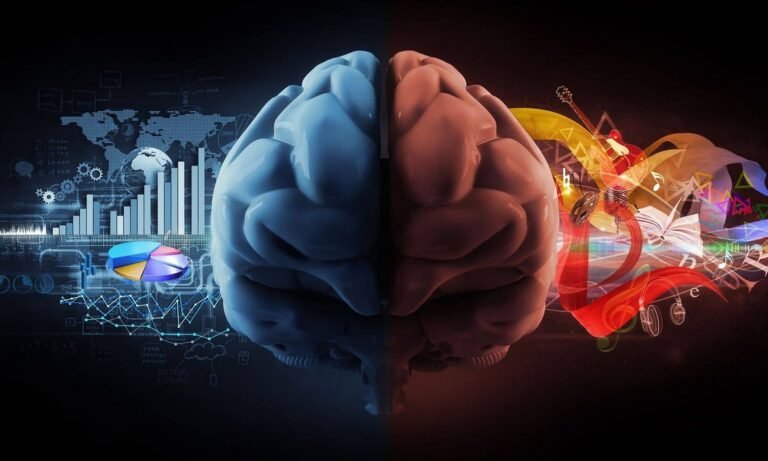Justice is a multifaceted concept that encompasses legal, social, and ethical dimensions. At its core, it refers to the fair and impartial treatment of individuals, ensuring rights are upheld and wrongs addressed through consistent, transparent, and culturally informed processes. It serves as a foundational pillar for society, guiding human interaction, shaping governance, influencing laws, and reinforcing collective responsibility. Beyond legal enforcement, justice also reflects enduring moral principles that govern behavior within diverse, evolving, and interconnected communities.
Within a legal context, justice involves the application of laws through courts and institutions, emphasizing due process, fair trials, and equal protection. Social justice, by contrast, is concerned with the equitable distribution of resources and opportunities, aiming to redress systemic inequalities. Ethical justice, meanwhile, relates to personal integrity and the moral reasoning behind actions, promoting fairness and accountability in decision-making. Together, these aspects highlight justice as a legal necessity and a moral and social imperative.
A just and transparent legal system not only upholds the rule of law but also fosters long-term security, social equity, cooperative behavior, and civic engagement across diverse communities. When people consistently view their institutions as fair, responsive, and accountable, they are far more likely to trust them, resolve disputes peacefully, and actively contribute to lasting social cohesion. Conversely, perceived injustice – especially when rooted in systemic discrimination – can swiftly erode public trust, amplify social divisions, and fuel widespread, sustained unrest and institutional disillusionment.
Policies that promote equity and provide access to legal recourse help address grievances and empower marginalized groups. In this sense, social stability requires more than the absence of conflict – it demands the presence of justice. A society rooted in fairness is more resilient and better equipped to navigate challenges, making justice an indispensable condition for lasting peace and unity.
The Philosophical Foundations of Justice
Justice has been a topic of profound philosophical inquiry for centuries, with thinkers from different eras offering insights that shape our understanding of moral principles and societal structures. Among the earliest proponents of justice is Plato, whose dialogues, particularly “The Republic,” lay the groundwork for a comprehensive theory of justice. For Plato, justice is an intrinsic virtue, a state of harmony where each individual fulfills their role within the society for overall good. He argues that this harmony reflects the ideal structure of the soul, where rationality governs desires, paralleling the organized governance of a well-functioning society.
Aristotle, a student of Plato, further developed the notion of justice in his work “Nicomachean Ethics.” He introduces the concept of distributive and corrective justice, emphasizing fairness in both distribution of resources and rectification of wrongs. Aristotle posits that justice is not merely a legalistic framework but rather a virtue that ensures the common good and promotes social cohesion. His approach illuminates how justice serves as a foundational concept for ethics, operating as a principle that directs human behavior towards the common welfare.
In modern discussions, John Rawls revitalizes the discourse surrounding justice with his seminal work, “A Theory of Justice.” Rawls articulates a framework known as “justice as fairness,” introducing the “original position” and the “veil of ignorance” as tools to conceive a just society. By positioning individuals behind a veil that obscures personal circumstances, Rawls argues that fair principles of justice can be established without bias. His theories highlight the interconnectedness of justice, morality, and social well-being, asserting that the structure of society must work to benefit the least advantaged individuals.
This rich historical tapestry of thought illustrates that justice is not a static concept but rather a dynamic interplay of ethical considerations that continue to evolve. As we delve deeper into the complexities of justice, it becomes evident that its philosophical foundations are critical for understanding both individual moral responsibilities and broader societal obligations.
Justice and Economic Equality
The relationship between justice and economic equality is a critical aspect that underpins social cohesion and equitable development. Economic inequality often emerges as a significant barrier to justice, manifesting in various forms such as disparities in wealth distribution, access to resources, and opportunities for upward mobility. High levels of economic inequality can lead to social unrest, decreased trust in institutions, and a fragmented society, creating an environment where injustices thrive. It is essential to recognize that a fair economic system is not only a matter of fiscal policy but also a fundamental component of social justice.
When economic disparities widen, the effects ripple through communities, leading to disenfranchisement and a sense of alienation among those who feel deprived of their rights. Individuals from marginalized socio-economic backgrounds often struggle to access quality education, healthcare, and employment opportunities, perpetuating a cycle of poverty that further entrenches inequality. Moreover, the lack of financial resources can inhibit political participation, limiting the voice of those affected by economic injustices. Thus, a just society must strive for economic equality, ensuring that every individual has equitable access to opportunities that foster personal and communal growth.
This interconnectedness suggests that addressing economic inequality is fundamental for promoting justice. Policies aimed at redistributing wealth, such as progressive taxation, social welfare programs, and affordable education initiatives, serve as essential tools for enhancing economic equity. By investing in these areas, societies can empower individuals, broaden access to opportunities, and promote social mobility. Furthermore, fostering an inclusive economy also contributes to sustainable development, as equitable wealth distribution ensures that resources are utilized efficiently for the benefit of all. In this regard, economic equality emerges as a cornerstone of a just society, vital for achieving comprehensive social justice.
The Role of Justice in Human Rights
Justice serves as a foundational pillar in the realm of human rights, acting as the means through which fundamental freedoms and entitlements are upheld. The continuous pursuit of justice is crucial for maintaining human dignity, particularly for marginalized and vulnerable communities across the globe. Various international human rights frameworks, such as the Universal Declaration of Human Rights (UDHR) and the International Covenant on Civil and Political Rights (ICCPR), underscore this necessity. These instruments establish a global standard for the treatment of individuals, asserting that justice must be accessible and impartial, fostering an environment where everyone can enjoy their rights fully.
The significance of justice extends beyond mere legalistic interpretations; it encompasses the ethical obligation of states to protect individuals from abuse and discrimination. When justice systems fail, historical grievances are exacerbated, and the repercussions are particularly felt by those already facing oppression. The lack of accountability for human rights violations can result in enduring cycles of violence, social unrest, and a general sense of disenfranchisement among affected communities. For instance, marginalized groups – including ethnic minorities, refugees, and those identifying as LGBTQ+ – often face systemic injustices that compromise their rights and lead to further marginalization.
The integration of justice as a core principle within human rights advocacy fosters not only legal redress but also a nurturing societal framework that promotes equality. Furthermore, restorative justice approaches have emerged as essential in addressing past wrongs while aiming to rebuild trust within communities. By assuring that justice is not merely punitive but also restorative, societies can begin to reconcile with their histories and foster an inclusive atmosphere. Ultimately, the interdependence of justice and human rights signifies that without justice, the promise of universal human rights remains unfulfilled, necessitating persistent efforts towards its promotion and protection.
Justice and Governance
The relationship between justice and governance is profound and multifaceted. Effective governance serves as a framework that upholds the rule of law, ensuring that justice is not merely an abstract concept but a practical reality for citizens. The principle of the rule of law is foundational; it stipulates that laws apply equally to everyone, thereby preventing arbitrary governance. When laws are applied justly, individuals are more likely to trust public institutions and participate actively in democratic processes. Without this trust, governance becomes undermined, leading to instability and social unrest.
Accountability is another crucial aspect that connects justice with governance. A just government is one that holds its officials accountable for their actions, thus fostering an environment where citizens can express grievances without fear of retaliation. This accountability can take various forms, including transparent decision-making processes and mechanisms for addressing corruption. When citizens perceive their government as accountable, they are more inclined to engage in civic activities, which strengthens the democratic fabric of society.
Conversely, unjust governance has severe implications for public trust and participation. When a government fails to deliver justice, it breeds cynicism among the populace, significantly decreasing their willingness to participate in elections, community activities, or even basic civic duties. In such scenarios, the absence of justice can lead to a disengagement from democratic processes, which ultimately diminishes the effectiveness of governance and stifles social progress. Therefore, the interplay between justice and governance is essential for creating a society where individuals feel empowered to contribute meaningfully and where the principles of democracy flourish.
“Injustice anywhere is a threat to justice everywhere.”
– Martin Luther King Jr.
Challenges to Achieving Justice
The pursuit of justice is fraught with multiple challenges that pose significant barriers to its realization. One of the foremost obstacles is systemic inequality, which manifests in various forms, including economic disparities, racial discrimination, and social exclusion. These inequalities often lead to unequal treatment under the law, with marginalized groups frequently facing unjust hurdles in accessing legal protections and remedies. This unequal landscape can foster a widespread perception of injustice, leading to public disillusionment with the legal system.
Another notable challenge in achieving justice is corruption within institutions tasked with upholding the rule of law. Instances of bribery, nepotism, and abuse of power can severely undermine the integrity of judicial systems and law enforcement agencies. Corruption erodes public trust and creates a culture of impunity, making it difficult for victims of injustice to seek redress. The presence of corrupt practices can not only derail individual cases but also contribute to a broader environment where justice becomes increasingly elusive.
Cultural biases further complicate the landscape of justice. Societal norms and traditions can influence the perception of justice, often perpetuating discrimination against certain groups. These biases may affect the way laws are enacted, interpreted, and enforced, leading to outcomes that reflect underlying prejudices rather than equitable standards of justice. The persistence of stereotypes can contribute to victim-blaming, thereby inhibiting the acknowledgment of injustices faced by marginalized populations.
The convergence of systemic inequality, corruption, and cultural biases demonstrates that the challenges to achieving justice are deeply intertwined and multifaceted. Addressing these obstacles requires comprehensive reforms and a commitment to fostering a culture of accountability, equity, and respect for human rights. A concerted effort is essential for societies striving towards a fair and just legal system that guarantees the rights and dignity of all individuals.
What’s More
The posts in My Blog feature reflective, story-driven pieces rooted in personal and societal insights.
The topics in My Interests explore abstract, philosophical ideas and their cultural and societal impact.
👁️ 5,744 Views
















